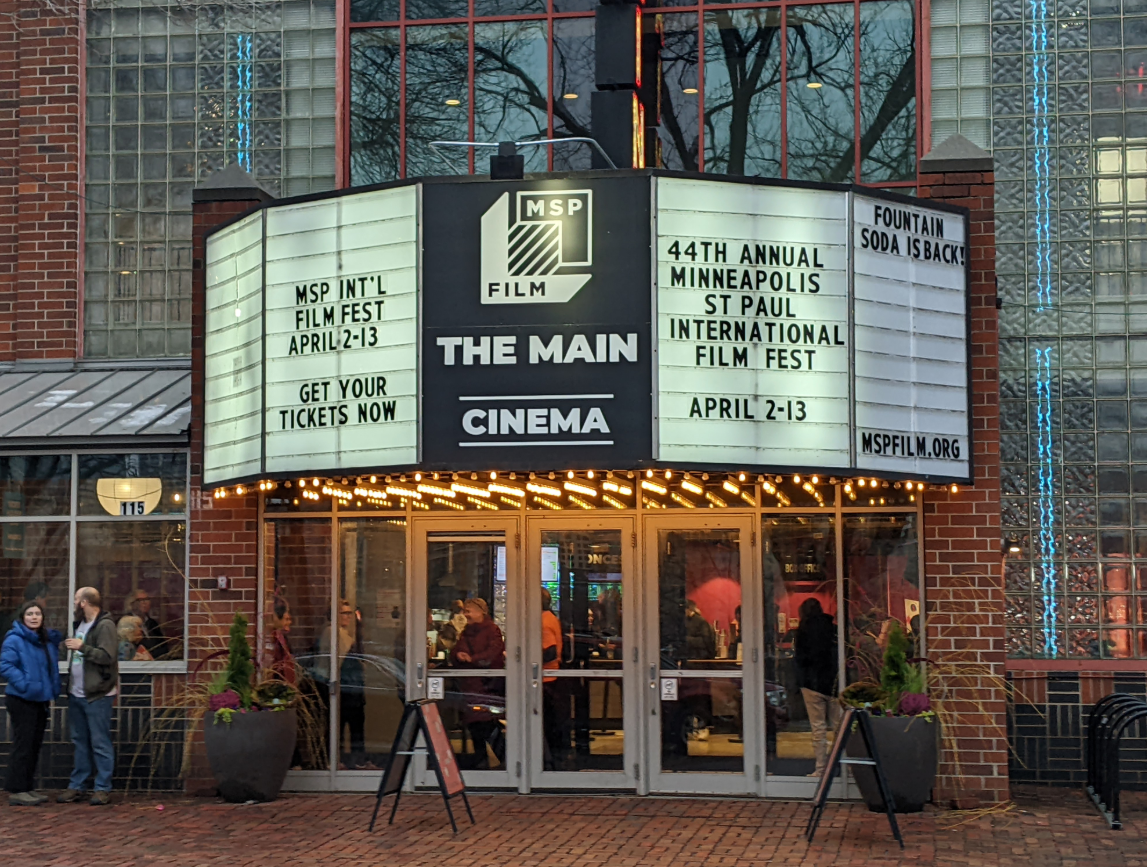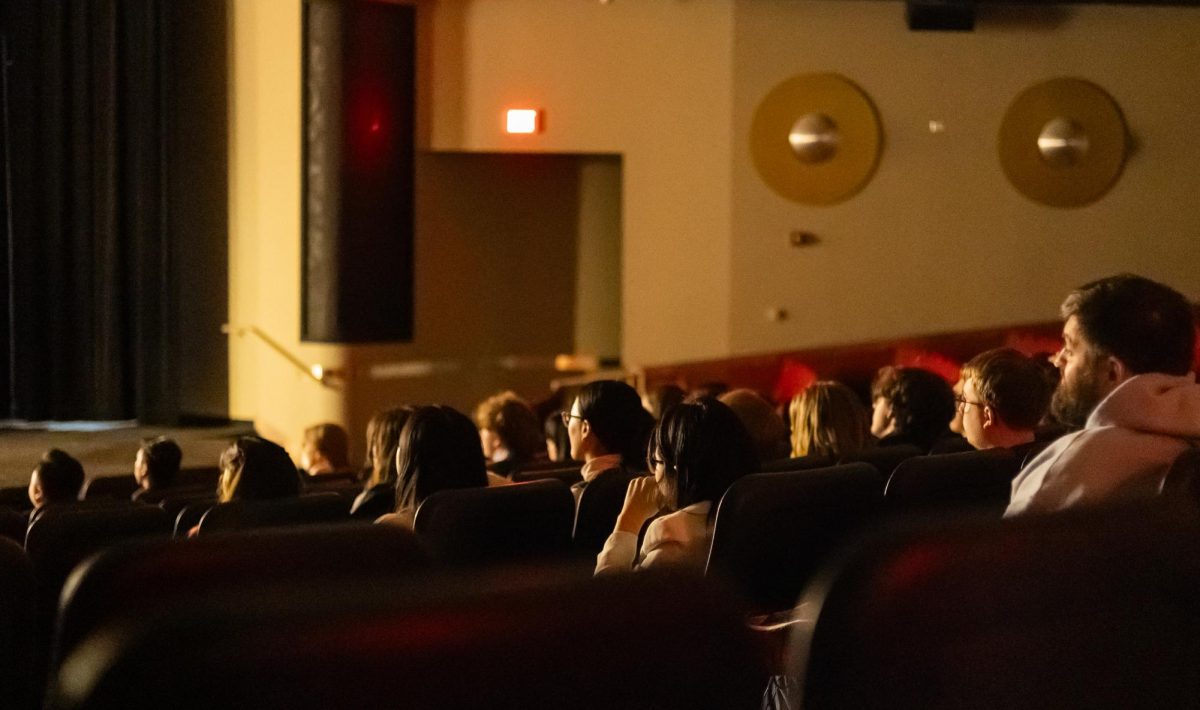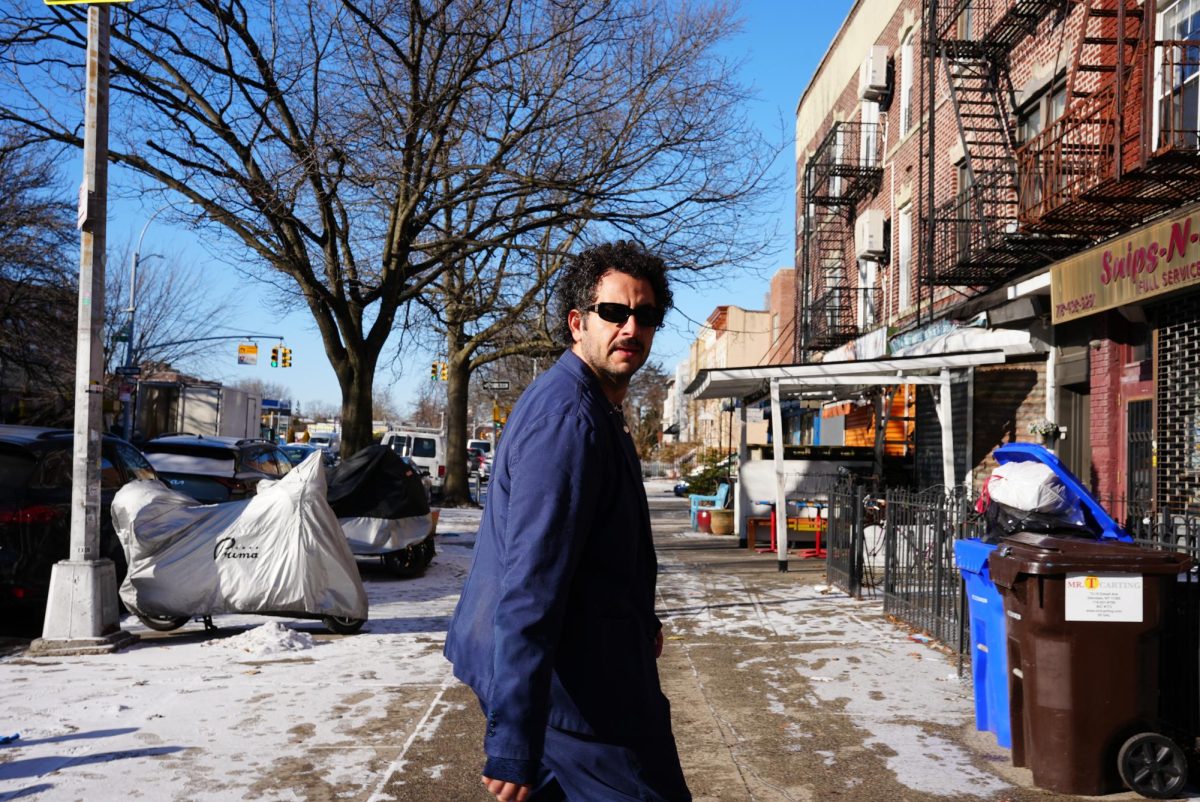It’s Saturday night, and local hip-hop producers Benzilla and Elex are out looking for records.
Not to listen to, though. These guys are crate diggers. They dig through dusty bins at used record shops, looking for samples they can turn into full-blown beats.
As their car pulls up to a giant thrift store deep inside St. Paul, Benzilla, who’s riding shotgun, turns to the backseat and says, “Don’t put this place in your article.”
Rule number one of crate digging: Don’t tell anybody where you dig. That’d be like Wolfgang Puck sharing his special ingredients.
While he’s a nice guy, Benzilla wasn’t kidding. His seriousness says something about the state of hip-hop: It’s become too accessible. Anybody can grab a mic. And more so, anybody can make a beat. All they need is a computer program. Which makes traditionalists like Benzilla and Elex even more tight-lipped. They’ve heard enough hollow, computer-produced beats. They don’t need wannabes still juiced off “8 Mile” swarming their favorite record shops too.
Luckily these two guys aren’t the only ones keeping real hip-hop production alive. They belong to Famfeud, a crew of seven local beatmakers that’s gaining respect in the Twin Cities rap scene. Some of them are already providing heat for MCs on big-dog label Rhymesayers, while others, like Brandon and Medium Zach (they make up the group Big Quarters), are making a name for themselves beyond the beats.
All of Famfeud will make their presence known Tuesday at the release party for their 30-song instrumental CD, “Measures.” Many of the crew’s popular friends – Brother Ali, I Self Devine and Musab, among others – will perform songs made with Famfeud producers.
The family
Famfeud began just as it is right now: a circle of friends who like to make beats. Actually, the status of Famfeud is the first thing these guys will tell you about the crew. They want to be very clear; Famfeud is not a hip-hop group.
They are individual artists who’ve banded together as a way to network and get their music noticed.
The circle of friends has changed during the years, but it basically began to take shape in 2001 in the University residence halls, where several of the guys lived.
Their love for making beats in the traditional way – sampling from old records – brought them together quickly. Much of their time was spent out on the prowl, digging through record bins.
“We can’t walk by a record shop without flipping through shit,” said Noam the Drummer, the newest member of the Famfeud crew.
The importance of digging is something most average hip-hop fans don’t think about when listening to the finished product. But almost all the great hip-hop producers do it. The music that legends such as Dr. Dre, RZA and DJ Premier make starts by finding that one old record to sample from. And out comes something like “Nuthin’ But a ‘G’ Thang.”
Famfeud producers Benzilla and DJ Todda still dig approximately five times a week. Benzilla even has a routine in which he hits certain used record stores at specific times to snatch up recently arrived vinyl. “It’s very strategic,” he said. DJ Todda is the type of person who would sacrifice eating during high school, skipping out during lunch time to spend his lunch money at Cheapo.
After several years of serious digging, each member’s work station – their bedrooms – looks almost identical: a bed, a beat machine and one impressive wall of records. Four of the guys live together in what is referred to as “the Famfeud house” (though, it’s actually an apartment). Their place is like a little record shop – each of them has upwards of 2,000 records.
What’s fascinating is the way this process of beat-making has transformed these guys. Each is virtually a music historian. They aren’t just picking records randomly. In time, they’ve cataloged in their mental rolodexes the names of the soul producers, drummers, arrangers and record labels their favorite artists were working with.
Elex, for example, loved sampling Al Green records. So after realizing one guy, Willie Mitchell, was producing the best Green albums, Elex began looking for Mitchell’s records and then all the musicians Mitchell worked with.
“I never really read that many books about music. But I have so many records that it’s basically a library unto itself,” Elex said. “And the way to read it is to just listen to the music and listen to what these guys are saying.”
Respect due
Famfeud’s traditionalist values have brought them the attention of veteran MCs, such as Rhymesayers artist I Self Devine. His next couple projects will include beats from Benzilla, DJ Todda and Medium Zach. In a time when anybody can buy a computer program with ready-made samples and sounds, I Self Devine said Famfeud is the real deal.
“They do things in the way they should be done,” he said. “What they’re doing separates them from the rest of the people, because they’re paying respect to an obsolete way of making beats.”
Famfeud producer King Karnov is also working with a Rhymesayers artist, one who said he was given “a new breath in the game” by the young beatmaker. Musab, who was the first MC to release an album on Rhymesayers, said King Karnov will be handling almost all the production on his next album.
“I didn’t know there was that caliber of producer in Minnesota,” Musab said. “What he has is that hunger and that raw sound. He’s got that industry sound. And he’s just getting started.”
The two brothers in Famfeud, Brandon and Medium Zach, in addition to having worked with local bigwigs, have broken out on their own as all-around artists. Together, they rap and produce as a duo in Big Quarters. In the last couple years, the brothers’ heavy beats and raw rhymes have made them staples in the local scene. They made quite the splash at this summer’s Twin Cities Celebration of Hip-Hop when they broke into an N.W.A.-like chant of “Fuck tha police,” with a half dozen cops, some on horseback, patrolling the festival.
Medium Zach said many of the guys have already worked with artists they could only look up as up-and-coming beatmakers a few years back. But the release party, he said, will be a way for a whole city of rappers to see that hard-core, real hip-hop beats are right under their noses.
“And this is just the beginning,” he said.







